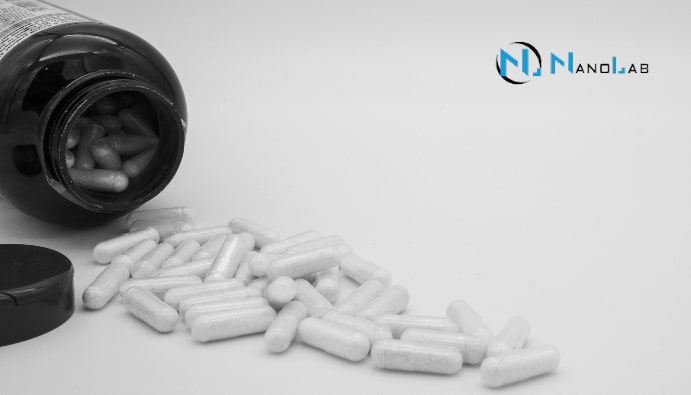
BLOG
KATEGORİDEKİ DİĞER YAZILAR

Vitamin D is a fat-soluble vitamin and exists in two main forms: D2 (ergocalciferol) and D3 (cholecalciferol). Vitamin D3 is the form derived from sunlight and is processed more efficiently in the body. Vitamin D2 and D3 can usually be found in foods.
Vitamin D deficiency can lead to weak bones and a weakened immune system. Therefore, the accurate determination of vitamin D levels in food products is a critical factor in food safety and health.
Vitamin D determination is performed in food products for several different reasons:
Vitamin D determination is critical for many industries. Below, we will examine the application areas of these analyzes in detail.
In an effort to combat vitamin D deficiency, the food industry, in an effort to fortify its products, ensures that vitamin D content is accurately measured. Vitamin D fortification is common, especially in products such as dairy products, breakfast cereals and fruit juices. Furthermore, vitamin D supplements and medicines need these analyses to ensure accurate content.
Vitamin D assays are widely used in nutrition studies and health research to determine rates of vitamin D deficiency in the population. These analyses help to formulate public health policies and prevent health problems related to vitamin D deficiency.
Manufacturers use assay tests to indicate the correct vitamin D content on the labels of food products. These analyses are necessary to highlight the health benefits of the products and are applied to fulfill legal requirements.
Nanolab Laboratories Group continues to provide services within the scope of Vitamin D Determination in Foods. We also provide services for the determination of Vitamin E in Foods.
Contact us for more information.
You can follow us on LinkedIn for up-to-date news and posts about our services.
Follow our Instagram account to be informed about our latest blog posts.